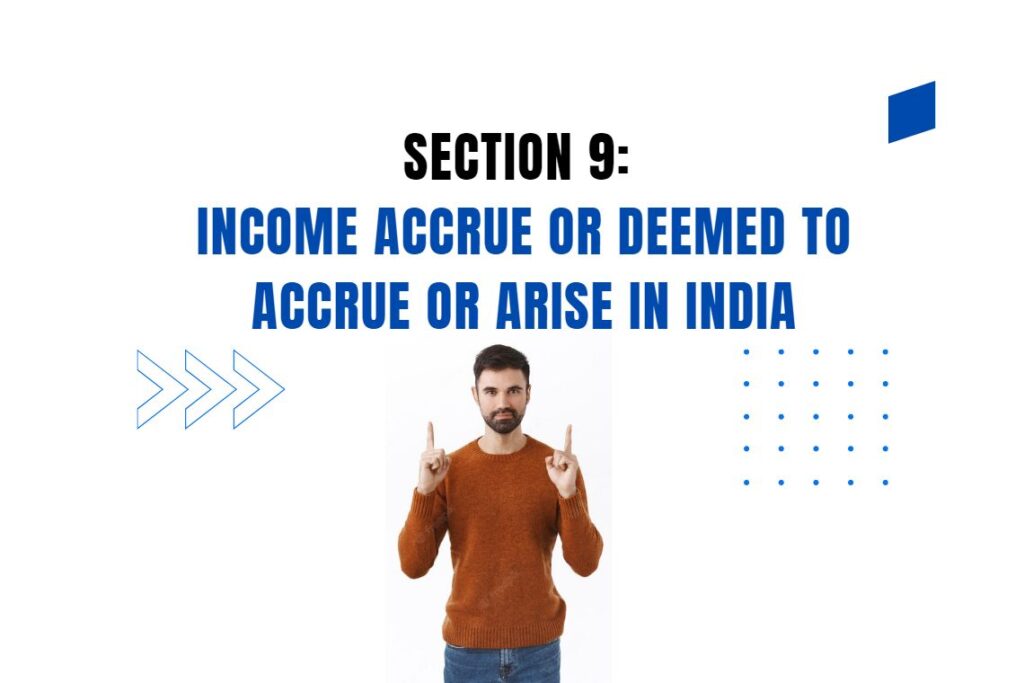Section 10(12A) of the Income Tax Act, 1961 provides that any amount received by an individual from the National Pension System (NPS) on account of closure or opting out of the scheme shall be exempt from tax to the extent of 60% of the total amount payable to him at the time of closure or opting out of the scheme.
This means that if you have a corpus of ₹10 lakhs in your NPS account and you decide to close your account or opt out of the scheme, you will be able to withdraw ₹6 lakhs tax-free. The remaining ₹4 lakhs will be taxable as per the applicable tax rates.
However, there are a few things to keep in mind when withdrawing money from your NPS account:
- You must have been a subscriber to the NPS for at least 5 years in order to be eligible for the tax exemption.
- You cannot withdraw the entire corpus of your NPS account in lump sum. At least 40% of the corpus must be used to purchase an annuity plan. The annuity plan will provide you with a regular monthly pension income.
- The tax exemption under Section 10(12A) is available only to individual subscribers to the NPS. It is not available to corporate subscribers.
- This exemption is applicable to both Tier 1 and Tier 2 accounts of the NPS. Tier 1 accounts are long-term retirement accounts that have restrictions on withdrawals, while Tier 2 accounts are more flexible and allow individuals to withdraw their funds as and when needed.
Exemptions Amount:
The exemption under Section 10(12A) is available for the following amounts received from an NPS trust:
- Up to 60% of the corpus withdrawn on closure of the account or on opting out of the NPS.
- The full amount of the corpus withdrawn on the death of the subscriber.
Examples of Exemptions:
Here is an example of how the exemption under Section 10(12A) works:
- Suppose an employee has a corpus of ₹10 lakh in his/her NPS account at the time of retirement. He/She decides to close the account and withdraw the entire amount.
- The amount payable to the employee at the time of closure is ₹10 lakh. The employee can withdraw up to 60% of this amount, i.e., ₹6 lakh, tax-free. The remaining 40% of the amount, i.e., ₹4 lakh, is taxable as income.
- The employee can reduce his/her taxable income by investing in an annuity plan. Suppose he/she invests ₹3 lakh in an annuity plan. The remaining ₹1 lakh will be taxable as income.
The employee will receive a pension from the annuity plan. The pension received is tax-free.
Tax benefits of NPS
The NPS is a tax-efficient pension scheme. The following tax benefits are available to NPS subscribers:
- Contributions to NPS: Contributions made by employees to the NPS are eligible for a deduction under Section 80CCD(1) of the Income Tax Act, 1961. The maximum deduction that can be claimed under this section is ₹1.5 lakh per annum.
- Investment returns in NPS: The investment returns generated in the NPS account are tax-free.
- Withdrawals from NPS: Up to 60% of the amount payable at the time of closure or opting out of the NPS is exempt from income tax under Section 10(12A) of the Income Tax Act, 1961.
Additional details about the Exemption under Section 10(12A):
Here are some additional details about the exemption under Section 10(12A):
- The exemption is available for all types of NPS accounts, including individual accounts, corporate accounts, and government accounts.
- The exemption is also available for the corpus withdrawn from an NPS account on account of death or disability of the subscriber.
- The exemption is available even if the subscriber withdraws the entire corpus from the NPS account.
- The exemption is not available for the corpus withdrawn from an NPS account for the purpose of purchasing an annuity.
| The word “employee’ has been substituted by the word “assessee” w.e.f. A.Y. 2019.20. It means that both employee or self-employed person shall be entitled to exemption under this section. |



![Residential Status [Sections 5 to 9B]](https://incometaxmanagement.in/wp-content/uploads/2023/09/Residential-Status-Sections-5-to-9B-1024x683.jpg)

![EXEMPTED INCOMES [Section – 10, 10AA, 11 to 13A]](https://incometaxmanagement.in/wp-content/uploads/2023/09/Exempted-Incomes-Section-10-1024x683.jpg)

![Income of an Electoral Trust shall be Exempt [Section 13B]](https://incometaxmanagement.in/wp-content/uploads/2023/10/61-Exempted-Incomes-Section-13B-1024x683.png)
![Incomes of Political Parties [Section-13A]](https://incometaxmanagement.in/wp-content/uploads/2023/10/60-Exempted-Incomes-Section-13A-1024x683.png)
![Special Provisions in respect of Newly-established Units in Special Economic Zones (SEZ) [Section-10AA]](https://incometaxmanagement.in/wp-content/uploads/2023/10/59-Exempted-Incomes-Section-10AA-1024x683.png)
![Exemption in respect of income chargeable to Equalization Levy [Section 10(50)]](https://incometaxmanagement.in/wp-content/uploads/2023/10/58-Exempted-Incomes-Section-1050-1024x683.png)
![Income of a Developmental Financing Institution (DFI) to be Exempt [Section 10(48E)]](https://incometaxmanagement.in/wp-content/uploads/2023/10/57-Exempted-Incomes-Section-1048E-1024x683.png)